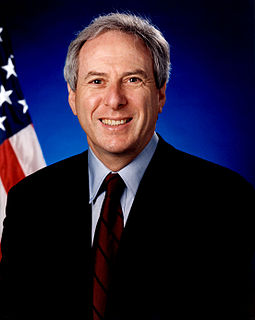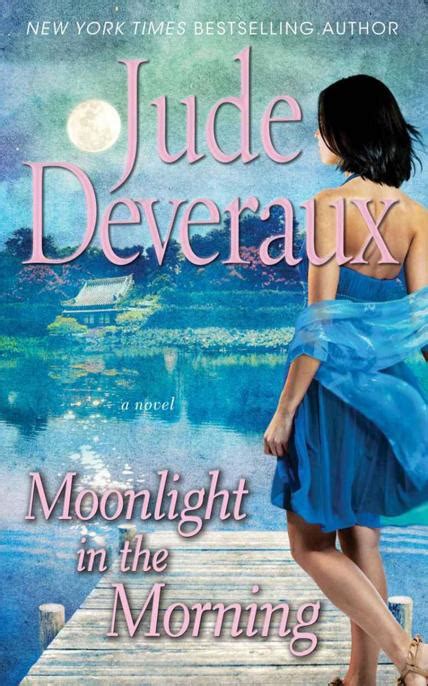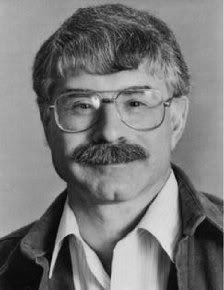A Quote by Mark Manson
I love massive books: books so big, like bricks, you could drown yourself in a pool with them if you're not careful.
Related Quotes
Because by now Elinor had understood this, too: A longing for books was nothing compared with what you could feel for human beings. The books told you about that feeling. The books spoke of love, and it was wonderful to listen to them, but they were no substitute for love itself. They couldn't kiss her like Meggie, they couldn't hug her like Resa, they couldn't laugh like Mortimer. Poor books, poor Elinor.
The current publishing scene is extremely good for the big, popular books. They sell them brilliantly, market them and all that. It is not good for the little books. And really valuable books have been allowed to go out of print. In the old days, the publishers knew that these difficult books, the books that appeal only to a minority, were very productive in the long run. Because they're probably the books that will be read in the next generation.
Books can be passed around. They can be shared. A lot of people like seeing them in their houses. They are memories. People who don't understand books don't understand this. They learn from TV shows about organizing that you should get rid of the books that you aren't reading, but everyone who loves books believes the opposite. People who love books keep them around, like photos, to remind them of a great experience and so they can revisit and say, "Wow, this is a really great book."
Electronic books are ideal for people who value the information contained in them, or who have vision problems, or who like to read on the subway, or who do not want other people to see how they are amusing themselves, or who have storage and clutter issues, but they are useless for people who are engaged in an intense, lifelong love affair with books. Books that we can touch; books that we can smell; books that we can depend on.
The books in Mo and Meggie's house were stacked under tables, on chairs, in the corners of the rooms. There where books in the kitchen and books in the lavatory. Books on the TV set and in the closet, small piles of books, tall piles of books, books thick and thin, books old and new. They welcomed Meggie down to breakfast with invitingly opened pages; they kept boredom at bay when the weather was bad. And sometimes you fall over them.
It had been startling and disappointing to me to find out that story books had been written by people, that books were not natural wonders, coming up of themselves like grass. Yet regardless of where they come from, I cannot remember a time when I was not in love with them - with the books themselves, cover and binding and the paper they were printed on, with their smell and their weight and with their possession in my arms, captured and carried off to myself. Still illiterate, I was ready for them, committed to all the reading I could give them.
What is a great love of books? It is something like a personal introduction to the great and good men of all past times. Books, it is true, are silent as you see them on their shelves; but, silent as they are, when I enter a library I feel as if almost the dead were present, and I know if I put questions to these books they will answer me with all the faithfulness and fulness which has been left in them by the great men who have left the books with us.
A house without books is like a room without windows. No man has a right to bring up his children without surrounding them with books, if he has the means to buy them. It is a wrong to his family. He cheats them! Children learn to read by being in the presence of books. The love of knowledge comes with reading and grows upon it.


































